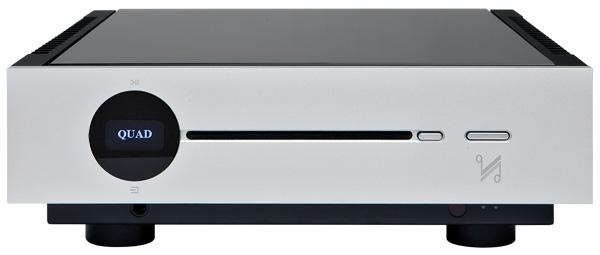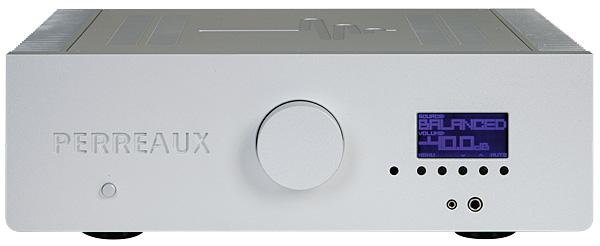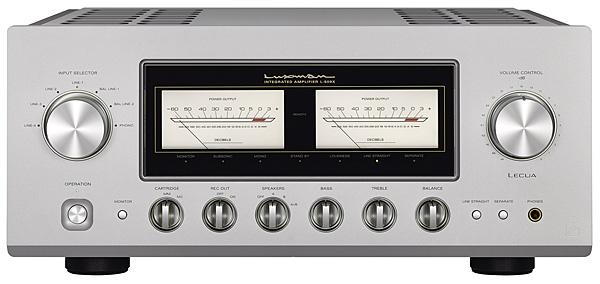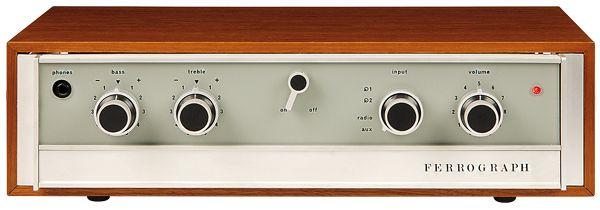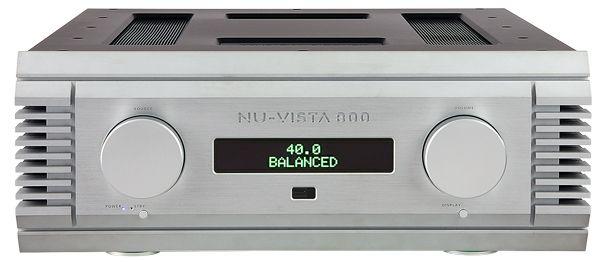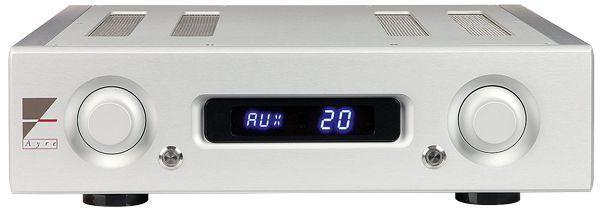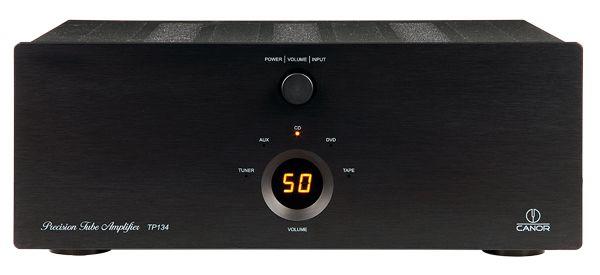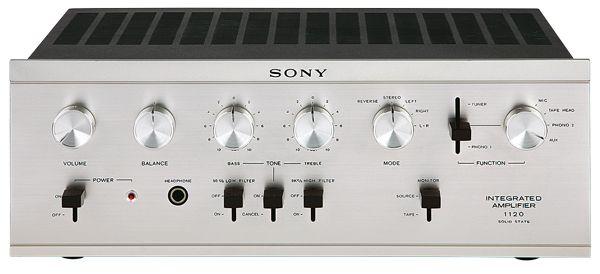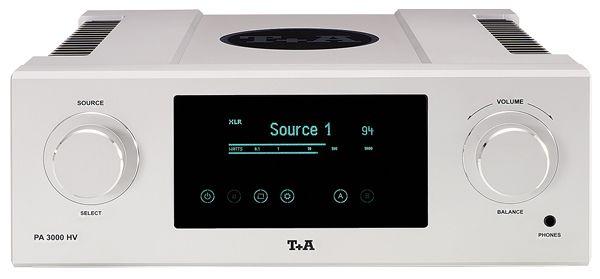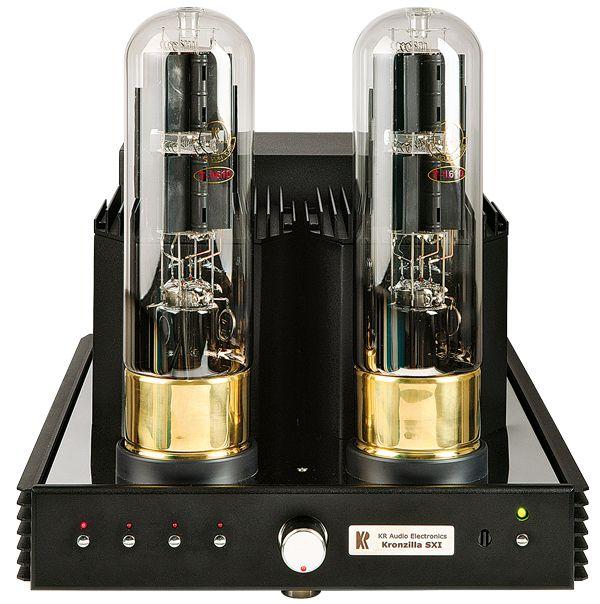Integrated Amplifiers
Sort By: Post Date TitlePublish Date
|
Sep 01, 2018
|
Jun 01, 2018
|
Apr 01, 2018
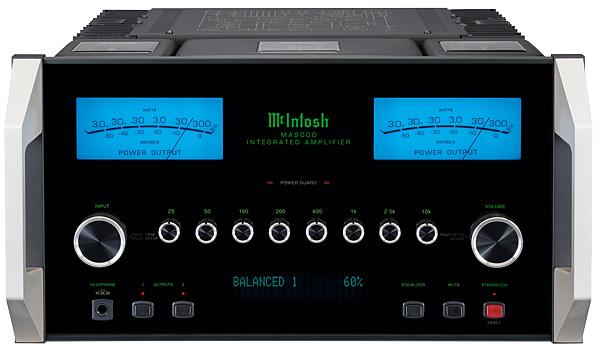
 Billed as McIntosh’s most powerful integrated amp to date, the mighty MA9000 combines transistors with transformers and a ‘blue’ aesthetic that’s truly timeless
Billed as McIntosh’s most powerful integrated amp to date, the mighty MA9000 combines transistors with transformers and a ‘blue’ aesthetic that’s truly timeless
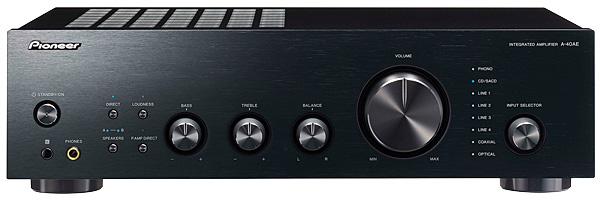
 Inspired by the success of its A-70 integrated from 2012, Pioneer has trickled down the tech and combined it with a new close-coupled PSU in this DAC-equipped budget amp
Inspired by the success of its A-70 integrated from 2012, Pioneer has trickled down the tech and combined it with a new close-coupled PSU in this DAC-equipped budget amp
